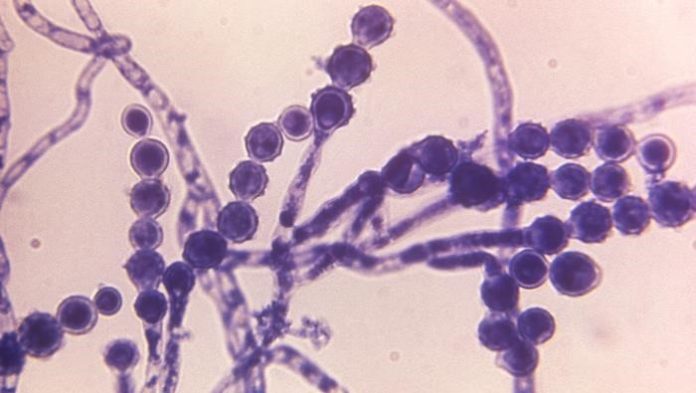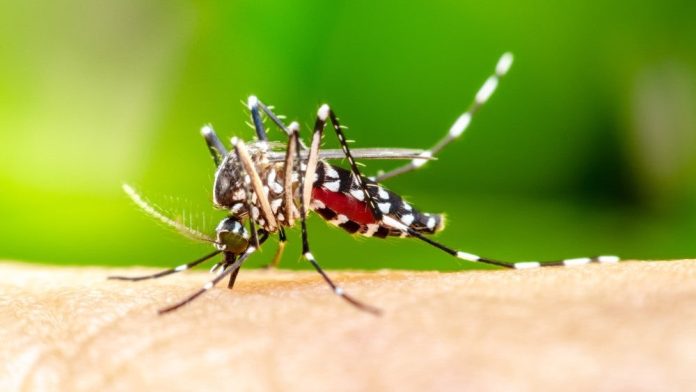Olorofim Phase IIb trial shows efficacy in invasive fungal disease for patients with limited treatment options
Researchers from KU Leuven, the University of California Davis Medical Center, the University of Cologne, and over 20 collaborating institutions report that the antifungal olorofim demonstrated efficacy and tolerability in patients with invasive fungal disease who had exhausted most other treatment options.
Invasive fungal diseases from mold pathogens cause significant illness and death, especially when treatments fail due to resistance or intolerance. Although antifungal agents such as polyenes, triazoles, and echinocandins exist, many pathogens exhibit resistance.
Few alternatives exist, especially as drug resistance spreads and conventional treatments produce toxicities or fail to achieve active concentrations.
Triazole-resistant Aspergillus species and molds such as Lomentospora prolificans and Scedosporium present substantial clinical challenges, as they frequently resist nearly all licensed antifungals. While most of these cases occur in immunocompromised hosts, infections are increasingly reported in immunocompetent individuals.
Olorofim, a novel antifungal belonging to the orotomide class, disrupts fungal pyrimidine biosynthesis, leading directly to fungal cell death. Previous laboratory tests demonstrated its effectiveness against fungi resistant to current antifungal therapies.
In the study, “Olorofim for the treatment of invasive fungal diseases in patients with few or no therapeutic options: a single-arm, open-label, phase 2b study,” published in The Lancet Infectious Diseases, researchers evaluated the efficacy, safety, tolerability, and pharmacokinetics of oral olorofim in patients with invasive fungal disease.
A total of 203 patients aged 16 years or older were treated across 22 centers in 11 countries.
Patients received oral olorofim initially as a weight-based loading dose of 180–300 mg in two to three divided doses on day one, followed by 120–240 mg daily from day two onwards.
Based on pharmacokinetic data from the first 25 patients, dosing was simplified from patient 59 onwards to a loading dose of 150 mg twice on day one, followed by a fixed maintenance dose of 90 mg twice daily up to day 84, with extended therapy permitted as needed.
Successful global response, requiring improvements in clinical, radiological and mycological measures, was confirmed in 58 of 202 patients (28.7%) at day 42 and in 55 patients (27.2%) at day 84.
When stable disease was included as success, rates were 75.2% at day 42 and 63.4% at day 84. All-cause mortality was 11.9% at day 42 and 16.3% at day 84. Stable disease required that the infection did not worsen but also did not show measurable improvement in one or more of the three evaluated criteria.
Drug-induced liver injury possibly related to olorofim occurred in 20 patients (10%) and resolved in all cases after dose modification or discontinuation. Gastrointestinal intolerance occurred in 10% and was mostly mild or moderate. No treatment-related deaths were recorded.
Researchers conclude that olorofim was efficacious in patients with few or no other treatment options for invasive fungal disease. Drug-induced liver injury, the most clinically significant adverse event, was managed to resolution in all cases by dose modification or cessation.
A Phase III study of olorofim for the treatment of invasive aspergillosis has been initiated to further define its therapeutic role.











